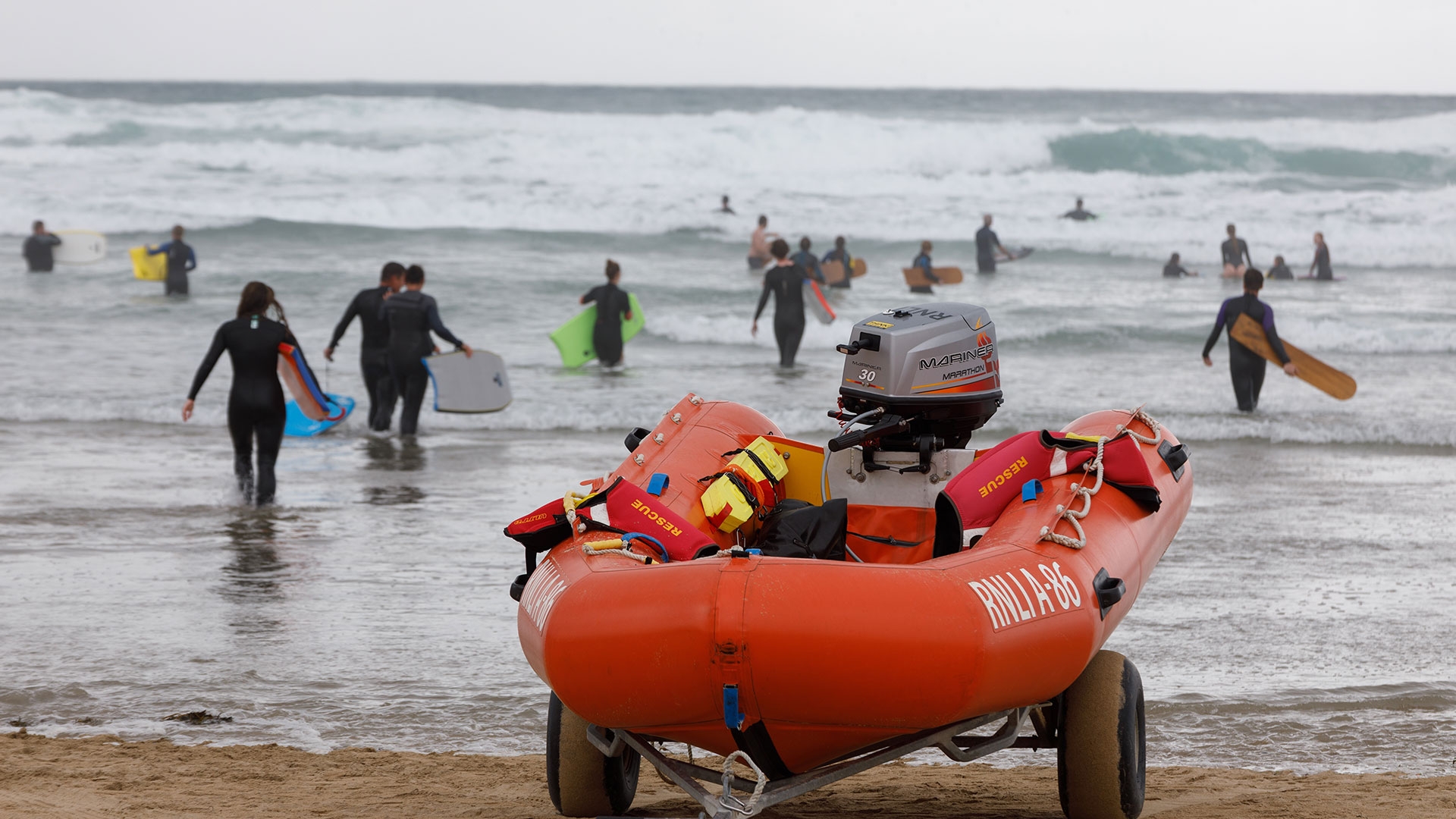Tragedy at Cornwall Beaches Spurs Urgent Water Safety Reminder
Two women sadly lost their lives on August 10 2025 after being pulled from the sea at separate popular beaches in Cornwall. The first incident happened around 12 30 pm at Portreath Beach near St Ives, where a woman in her 50s was thought to have suffered a cardiac arrest. Despite quick action by paramedics and RNLI lifeguards, she could not be saved. Less than four hours later at Porthcothan Beach near Padstow, another woman was found face down in the water after getting into difficulty and was pronounced dead.
Just weeks earlier on July 20, a man in his 50s from Hertfordshire died after getting into trouble while swimming at Spit Beach in Par, Cornwall. Despite rescue efforts by the Coastguard, RNLI and ambulance crews, the man could not be revived.
Why These Incidents Matter: The Need for Vigilance at Beaches
Cold water shock is a serious risk when entering the sea, even on warm days. The sudden temperature change can make breathing difficult, cause the heart to race, and lead to panic.
Rip currents, strong tides, and fast changes in water depth are common dangers around the coast. Cornwall and Devon have some of the highest rates of accidental drowning in the UK.
Beaches without lifeguard cover are especially risky. Some past tragedies have happened in places with no lifeguard service.
How to Stay Safe at the Beach – Essential Tips
-
Choose a Lifeguarded Beach
Swim between the red and yellow flags where lifeguards can watch over you. -
Learn Flag Meanings
-
Red and Yellow: Safe swimming zone
-
Red: Danger – do not enter
-
Black and White: Zone for surfboards – no swimming
-
-
Understand Rip Currents
If caught in a rip current, stay calm, float, or swim parallel to the shore until you are free from the current. -
Check Tide Times
Cornwall’s tides can change quickly and by several metres. Always know the tide schedule before entering the water. -
Be Sun and Heat Smart
Use suncream, wear a hat, and drink plenty of water. -
Wear the Right Gear
A wetsuit or buoyant clothing can help keep you warm and afloat if you get into trouble. -
In an Emergency
-
At a lifeguarded beach: Tell a lifeguard immediately.
-
At an unguarded beach: Call 999 or 112 and ask for the Coastguard. Keep sight of the person in trouble and encourage them to float.
-
HM Coastguard: Your Critical Rescue Partner
His Majesty’s Coastguard is responsible for search and rescue along the UK coastline. They work with RNLI lifeboats, Coastguard Rescue Teams, and rescue helicopters.
If you need help at sea or on the coast, call 999 or 112 and ask for the Coastguard. Give clear details about the location and what is happening so they can send help quickly.
In Summary
The recent drownings in Cornwall are a sad reminder that beach safety is vital. Always choose lifeguarded beaches, understand sea dangers, and know what to do if trouble strikes. The sea is powerful – respect it, prepare before entering, and get help fast if needed.










